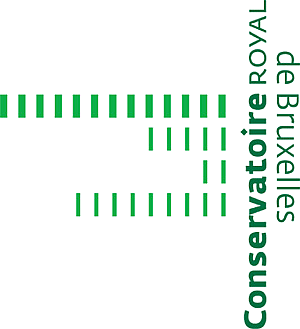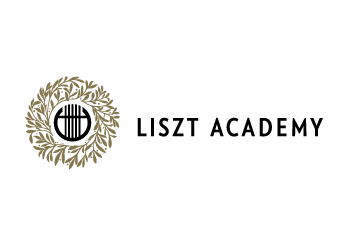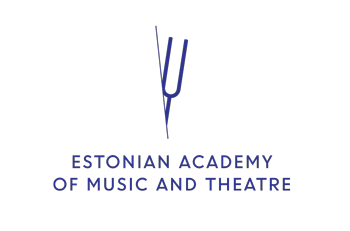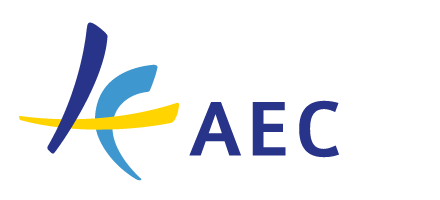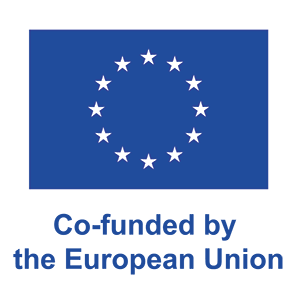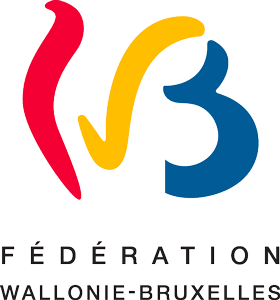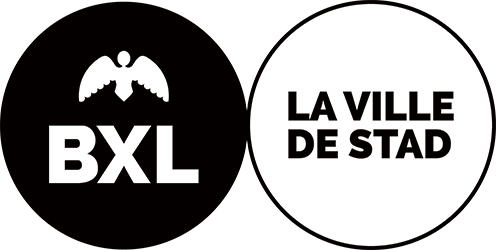Further information
-
assessment
Exam with grade E , Semester grade S -
level
Beginner, Intermediate -
 Completed Semester1-6
Completed Semester1-6 -
How many semesters does the course last?
6 -
hours per week
semester 1-2: 2x45', semester 3-6: 1x45' -
 Link of the course
Link of the course -
 Target group of courseOther (classical instruments and classical singing students (beginner/advanced))
Target group of courseOther (classical instruments and classical singing students (beginner/advanced)) -
 creditssemester 1-2: 2, semester 3-6: 1
creditssemester 1-2: 2, semester 3-6: 1 -
 Type of CoursePractice
Type of CoursePractice -
Degree Level
Bachelor -
 e-learning-elementsinternet, projection, visual and auditive presentations
e-learning-elementsinternet, projection, visual and auditive presentations -
Course
Mandatory -
students #
6-15 students -
Hours per year
ca. 56 -
BIBLIOGRAPHY
some examples: - Lars Edlund: Modus Novus (Studies in reading atonal melodies) – David R.Hickman: Music Speed Reading – Robert Starer: Rhythmic Training - Simonné Sármai Á.- Szigetiné: ZENEI KÉSZSÉGFEJLESZTŐ FELADATGYŰJTEMÉNY 4. ÉS 5. KÖTET (baroque; romantic és 20th Century) - Soós András: 111 Bicinia from 15th Century - Soós András : 111 Bicinia from 16th Century - Szőnyi: Musical Reading and Writing (Final Volume) -
ONLINE CATALOGUE
WITH CONTENTS -
evaluation grid
-
evaluation grid
and document
Teacher(s)
Judit Magay
current position
associate professor
Balázs Horváth
current position
lecturer
Tamás Beischer-Matyó
current position
associate professor
Máté Balogh
current position
associate professor
Barnabás Horváth
current position
associate professor
László Tihanyi
Miklós Mohay
current position
professor, head of music theory department
Endre Olsvay
current position
associate professor
Boglárka Terray
current position
lecturer
Institution
Liszt Ferenc Zenemuveszeti Egyetem
Be a part of our european project !
This European project (KA 203 Strategic Partnership) created by Salvatore Gioveni promotes cross-border collaboration in the field of Music Theory through sharing knowledge and transferring pedagogical innovation. It thus responds to a lack of centralised source and framework to deepen reflection by means of cross-disciplinary study at European and international level.
There is a significant wealth of educational practices from one country to another in this sector, especially in terms of harmonic musical notation and analysis. However, HMEI's are facing the nonexistence of a European network for pedagogical staff in Music Theory so far. To improve the situation, the project will among other things develop several intellectual outputs such as Online Platform (IO 1), an EU Bibliography (IO 2), a Repository Courses (IO 3), a Multilingual Glossary (IO 4) and an Exchange Online Learning Platform.
Besides the Conservatoire royal de Bruxelles as leader and manager of the project, the following partner institutions are involved: Music Academy S. Moniuszki Gdańsk (Gdańsk, Poland), F. Liszt Academy of Music Budapest (Budapest, Hungary), Estonian Academy for Music and Theatre (Tallinn, Estonia), HfMTh "Felix Mendelssohn Bartholdy" (Leipzig, Germany).
 | 2024
| 2024
